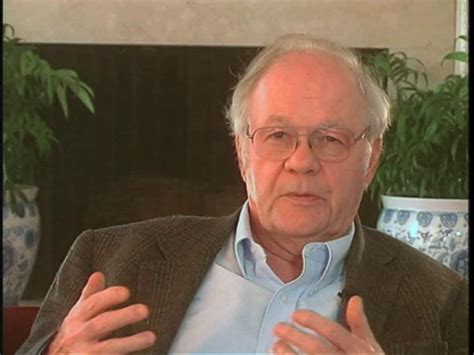A Quote by James W. Prescott
The percent likelihood of a society becoming physically violent if it is physically affectionate towards its infants and tolerant of premarital sexual behavior is 2 percent. The probability of this relationship occurring by chance is 125,000 to one. I am not aware of any other developmental variable that has such a high degree of predictive validity.
Related Quotes
If zero percent of the elites support something, very low chance it's going to pass, if 100% support something, very high chance it's going to pass. Same thing for organized interest groups. But for the average voter, it's a flat line. Which says it doesn't matter whether zero percent of the public believes something or 100% of the average voters believe something - it doesn't affect the probability that that thing will be enacted.
Economists often talk about the 80/20 Principle, which is the idea that in any situation roughly 80 percent of the “work” will be done by 20 percent of the participants. In most societies, 20 percent of criminals commit 80 percent of crimes. Twenty percent of motorists cause 80 percent of all accidents. Twenty percent of beer drinkers drink 80 percent of all beer. When it comes to epidemics, though, this disproportionality becomes even more extreme: a tiny percentage of people do the majority of the work.
But progress in knowledge has made us aware of the superficiality of Plato's lumping of individuals and their original powers into a few sharply marked-off classes; it has taught us that original capacities are indefinitely numerous and variable. It is but the other side of this fact to say that in the degree in which society has become democratic, social organization means utilization of the specific and variable qualities of individuals, not stratification by classes.






































